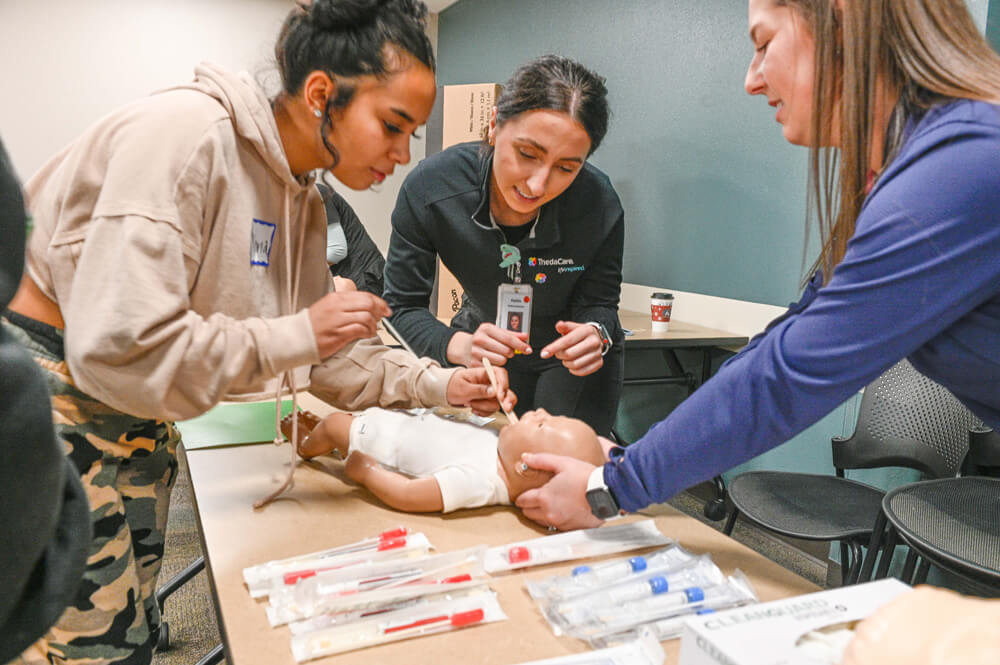What to do in a Crisis
Experiencing a mental health crisis can be overwhelming and frightening, both for the individual going through it and for those around them. It's crucial to know how to handle such situations with care, compassion, and effectiveness. This guide provides practical steps to take during a mental health crisis, resources available, and how to seek professional help.
Understanding a Mental Health Crisis
A mental health crisis can manifest in various ways, including:
- Severe anxiety or panic attacks
- Suicidal thoughts or behaviors
- Psychotic episodes (e.g., hallucinations, delusions)
- Intense depression or feelings of hopelessness
- Self-harm or harmful behavior towards others
Recognizing the signs early can prevent the crisis from escalating.
Immediate Steps to Take
1. Stay Calm and Assess the Situation
- Take a deep breath and remain as calm as possible.
- Evaluate the severity of the crisis. Determine if there is an immediate danger to the person or others around them.
2. Ensure Safety
- If the person is in immediate danger (e.g., threatening to harm themselves or others), call emergency services immediately.
- Remove any objects that could be used to cause harm.
- Reflection and Journaling:
Reflect on spiritual teachings or personal experiences through journaling as a form of self-expression and healing.
3. Provide a Safe Environment
- If possible, move to a quiet and safe space
- Ensure the person is not left alone if they are at risk of harming themselves.
4. Communicate Clearly and Compassionately
- Speak in a calm, reassuring voice.
- Validate their feelings without judgment. Phrases like "I’m here for you" and "You’re not alone" can be comforting.
- Avoid arguing or trying to reason with them if they are not in a state to comprehend.
5. Encourage Professional Help
- Suggest contacting a mental health professional, therapist, or counselor.
- Offer to help them make the call or accompany them to an appointment.
Seeking Immediate Help
Emergency Services
- Call 911 or your local emergency number
if there is an immediate threat to life.
- Inform the dispatcher that it is a mental health crisis and describe the situation clearly.
Crisis Hotlines
- National Suicide Prevention Lifeline: 1-800-273-8255
- Crisis Text Line: Text HOME to 741741
- Substance Abuse and Mental Health Services Administration (SAMHSA) Helpline: 1-800-662-HELP (4357)
Mobile Crisis Units
Many areas have mobile crisis units that can come to your location to provide immediate support and assessment.
Hospital Emergency Rooms
- If you can safely transport the person, take them to the nearest emergency room. Many hospitals have psychiatric units that can provide immediate care.
Long-term Support and Prevention
Develop a Crisis Plan
- Work with a mental health professional to create a crisis plan. This should include:
- Contact information for healthcare providers and support persons
- Medications and treatment history
- Preferred interventions and calming techniques
- Steps to take during a crisis
Build a Support Network
- Encourage the person to build a strong support network of friends, family, and mental health professionals.
- Support groups can also be beneficial for sharing experiences and coping strategies.
Regular Mental Health Care
- Consistent therapy, counseling, and medication management (if needed) are essential for managing mental health conditions.
- Encourage routine check-ins with mental health professionals to monitor progress and make necessary adjustments to the treatment plan.
Self-Care and Coping Strategies
- Promote self-care activities such as exercise, mindfulness, hobbies, and healthy eating.
- Teach coping strategies like deep breathing, meditation, and journaling.
Handling a mental health crisis requires immediate, compassionate, and informed action. By staying calm, ensuring safety, and seeking professional help, you can make a significant difference. Long-term strategies and a supportive network are essential for ongoing mental health maintenance and crisis prevention. Remember, you are not alone, and help is available.
